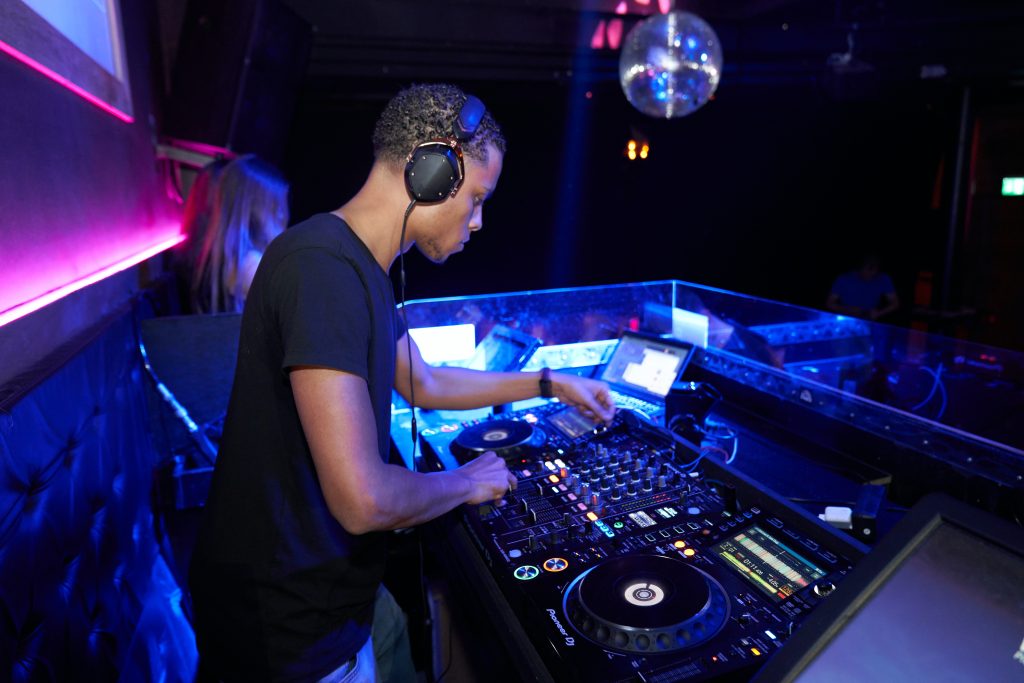How you answer this question is determined by the kind of party you plan to throw. The most typical time slot for us to be booked is as a DJ is between the hours of seven o'clock at night and midnight, but the options are truly limitless.
You can hire a DJ to get the party started early and keep the mood light during dinner, or you can hire a string quartet to perform for the most of the day and bring in the DJ for a two-hour dance party to close off the night.
There may be a cutoff time for music at your venue, but that doesn't mean the celebration has to finish! Wedding receptions that go on late into the night are finding that silent disco headphones are a popular choice for their guests.
Is there a public address system and microphone available for daytime talks, and does the DJ need to set up before people arrive?
You can't beat a professional wedding DJ if you want your guests to get up and dance the night away. A great wedding DJ will make sure everyone has a blast from the first dance until the final stumble by playing not only your favourite songs but also classics that have kept dance floors packed from the 1950s right up to the present day. If you've never hired a DJ before, this guide will walk you through the entire process, from deciding on a DJ to answering all of your questions regarding the big day.
Looking for wedding DJ’s? Look no further, Boutique Events Group has you covered.
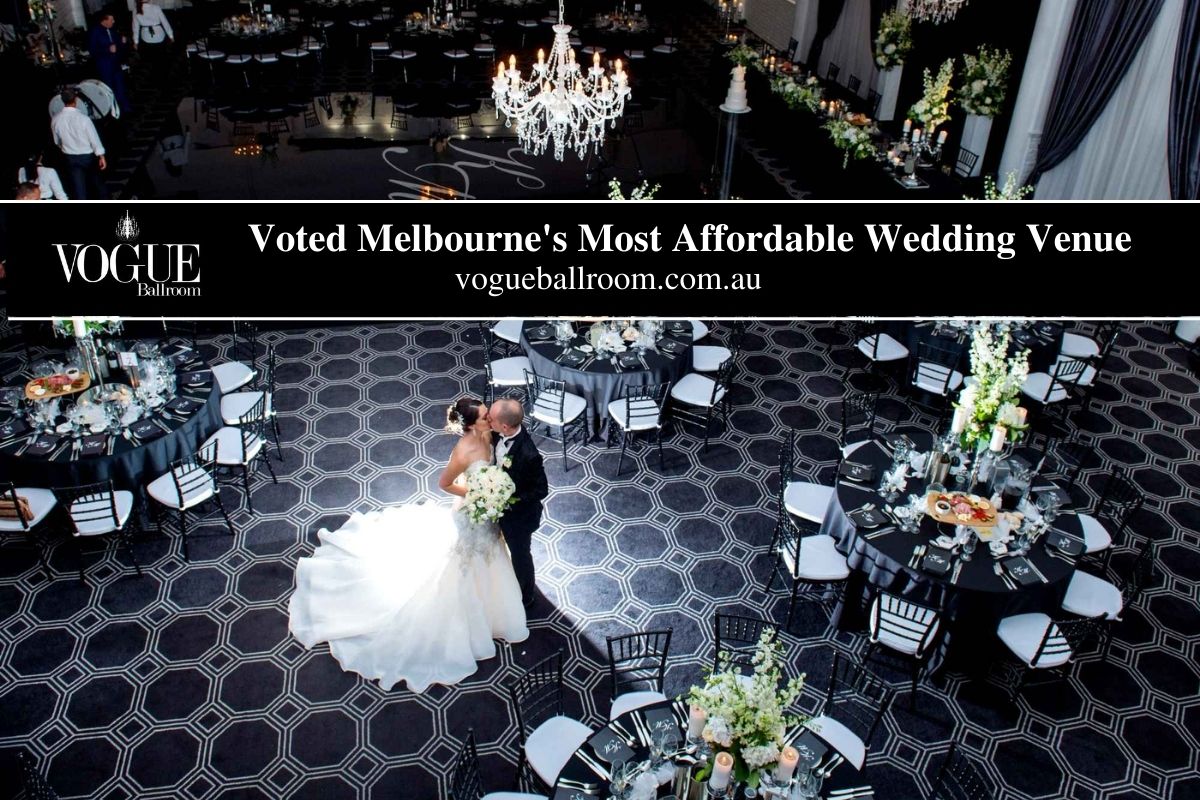
What Is A Wedding DJ And What Do They Do?
All of your guests, no matter their age, will be kept delighted and on the dance floor thanks to the expert planning and execution of your Wedding DJ. They usually play the role of emcee for the evening reception, introducing the happy couple for their first dance, cake cutting, and any other special events that may occur.
A professional wedding DJ can read the crowd and play a wide variety of songs that will appeal to everyone from the newlyweds' youngest nephew to their oldest grandparents. They bring a big library of music on what are now mostly digital DJ systems, giving you the option of creating a playlist tailored specifically to your event and letting attendees to make requests from that library.
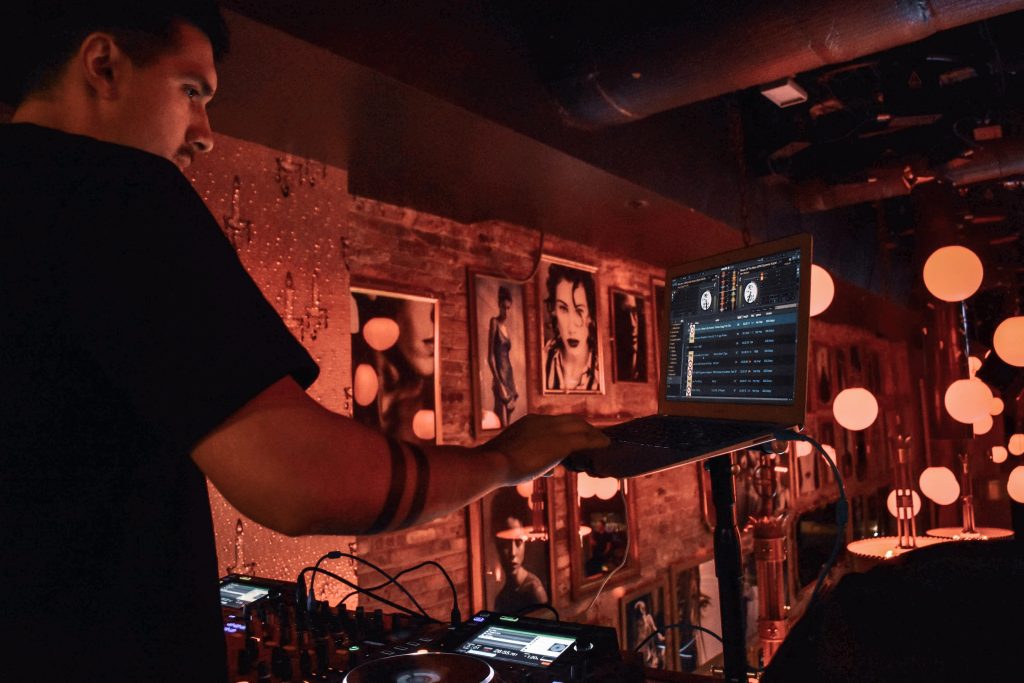
Professional vs Bedroom DJ
Even more so for a wedding, hiring a professional DJ makes a huge difference over having a friend help out.
It's not uncommon for couples to call professional DJs within two weeks of the wedding, or even on the day of, to tell that a friend who was supposed to DJ has backed out.
Every DJ feels the weight of the moment at a wedding because it is so special. Professional disc jockeys are accustomed to and well-equipped to handle the myriad of nuances and differences that are inherent to weddings.
Pricing
Don't count on paying a small fraction of the going rate for high-quality work, because "you get what you pay for."
DJs have a lot of experience in the wedding market, so they understand the significance of the service they provide.
Try not to focus on how much a DJ will set you back, but rather on how much of a return on investment they will provide.
Keep in mind that the music at the reception will be the main reason 78% of your guests will recall how much fun they had.
Presentation
Don't be fooled by outward looks, but also don't discount it too quickly.
Most of the time, a low-quality DJ and shoddy equipment follow a lacklustre website and a minimal online presence.
You should hire a DJ who is presentable, courteous, very professional, and has a pleasant demeanour.
Keep your wits about you and keep an eye out for red flags, such as spelling and grammatical mistakes, when perusing websites. A DJ who cares for his audience won't overlook such fundamentals.
Profile on Social Media
Most DJs these days have a social media presence.
Pictures and livestreams from the events they've played can be found on their social media pages. A feel for the services they provide will become clear to you.
Experience
Be careful to enquire about their background, since it is a significant asset at the ceremony.
A DJ may have extensive expertise with other types of events, but weddings aren't necessarily one of them.
You should check the DJ's credentials, especially for weddings, because they have their own unique requirements.
A professional wedding DJ will be well-versed in all the necessary protocol, and they will be able to recognise the perfect song to play at at the correct time during the various events of the reception.
We have compiled a list of Melbourne Wedding DJs to help you celebrate your special night.
Equipment
Even if you don't understand much, it's still a good idea to enquire about the DJ's equipment and get photos of his or her setup at an event.
You can use this to get in touch with an expert, and if you look closely at the apparatus, you should be able to gauge the level of care with which the expert attends to his or her customers.
Bad machinery not only makes an unpleasant noise, but it also has a higher chance of crashing unexpectedly.
Your music preferences
If you're having trouble coming up with ideas for your wedding, a skilled DJ will ask the happy couple what music they like so that he can get to know their interests and preferences.
The DJ should be able to take charge of the dance floor on their own, but you should still find someone to work with that shows genuine interest in your musical preferences and wedding playlist.
Wedding songs
The dance floor at your wedding is not a nightclub.
The DJ you hire should be accommodating and eager to hear what you want.
The DJ at your wedding should be experienced and organised enough to handle all of the music needs, but they should also be willing to accommodate the tastes of the guests and the happy couple.
Real event
An authentic DJ should be willing to let you observe them at work at an event comparable to the one you're preparing.
A busy DJ should still be able to make arrangements for you to check out other couples' receptions, but other couples may not always be welcoming.
Repertoire
Weddings are more formal than cocktail parties. Your DJ should be aware of this and have music that is appropriate for each style of ceremony in their selection.
You can usually expect to see a wide range of ages and interests represented at a reception.
The wedding DJ, by definition, must be ready to play songs from the '50s, '70s, '80s, '00s, and now, unless you specify otherwise.
Double shift
It is crucial that you find out if the DJ will be performing or working somewhere before your big day.
Keep in mind that the DJ might be exhausted by the time your reception rolls around.
Be careful to ask your DJ if yours is the only wedding they are servicing that day, since this might cause delays in the construction and testing of the equipment, as well as the division in the attention of the professional.
Been at the venue
Verify that the DJ has experience playing at the reception hall.
Some venues have an awkward layout that makes it hard to unload equipment, while others have noise or equipment restrictions or lack convenient access to an electrical socket.
Think about the acoustics of the space and the necessary equipment to ensure the music can be heard by everyone there.
Engaging
Each DJ has his own unique method of pumping up the crowd. Some people at the party take it upon themselves to act as masters of ceremonies by announcing each song or making a witty remark in the awkward pauses between numbers, while others don't utter a word the whole time.
While it's important to cater to the tastes of your clientele, too much mike time could turn off your guests.
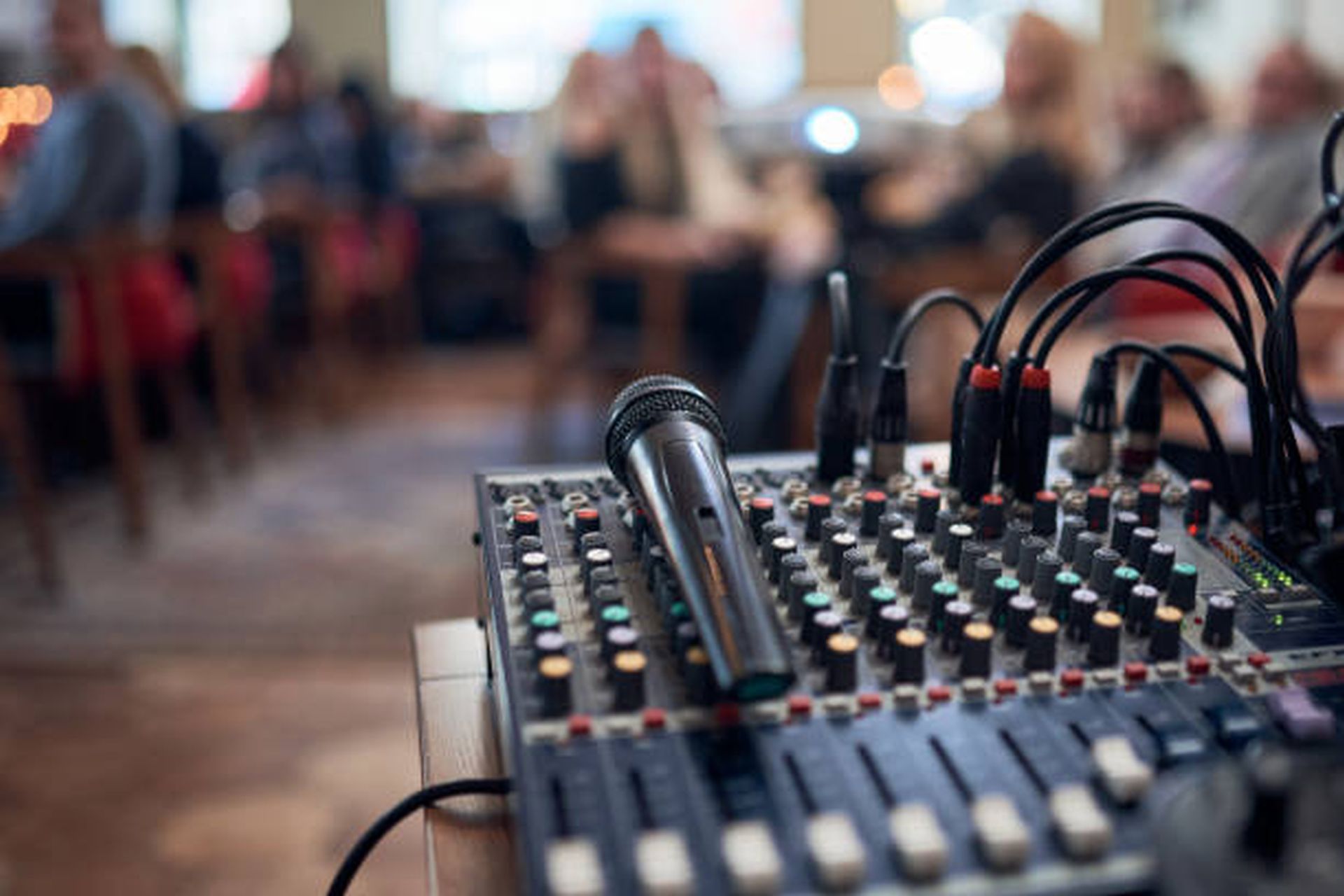
Plan B
It's important for a DJ to have a backup strategy.
A competent DJ will give you a few different options to choose from.
The DJ's equipment and health must be insured in case of an emergency before the big day.
Verify that he or she has a plan B in place in the event that his equipment is damaged the night before the event, and ask whether they are prepared to have another expert stand in for them if necessary.
DJ services are typically better prepared for such situations.
Hidden costs
Each DJ has their costs, which can vary widely, but it is crucial that you enquire exactly what it contains in the quotation.
Discover if the price includes all the required equipment, how long the service lasts, and if there is an overtime rate if you wish to extend the party.
Dimensioning for your event
You should let the DJ know how many people will be attending the party or the estimated size of the event so that they can bring enough equipment (even if it means charging more).
Outsourcing
It's vital to enquire if the DJ you're talking to is the same person who will show up to play at the wedding, as this is not always the case, especially if the firm employs more than one DJ.
If you don't know who will be there on the big day until the last week, you can end up with a last-minute DJ replacement and no backup DJ for your event.
Invoicing
Some DJs work on a more casual basis, agreeing to terms over the phone. You should exercise caution when hiring people of this nature because it will be difficult to show who you actually employed in the event of a dispute.
When hiring a DJ for a wedding, make sure you have an accurate invoice including the event's date and the services provided.
Insurance
Certain venues have insurance requirements for vendors. If you want your DJ to be able to perform at your desired venue, you'll need to verify that he or she has Public Liability Insurance. This will also give you peace of mind that your guests will be protected in the highly improbable event that something does go wrong.
Setting up
A professional DJ will always arrive in plenty of time to set up, so the event can begin on schedule even if unforeseen circumstances arise.
The DJ needs to have all the appropriate adaptors, cables, and other equipment to play in any setting.
Note: always inform your DJ in advance if you have any special requirements, such as setting up extremely distant from a power outlet. If you bring it up in advance, he or she should be able to figure it out for you.
Recorded samples
Use only live mixes; recordings will not suffice. And there are two primary explanations for this:
To begin with, any person claiming to be a DJ can offer a recorded mix and claim it as their own.
Because, secondly and most significantly, nobody is listening to the DJ or interacting with him or her while he or she is mixing. You'll be more impressed by a DJ's ability to keep the dance floor packed than by their command of key and BPM.
Behind the gear
The success of an event or the quality of a DJ's service is not dependent on whether or not they have the latest and greatest, most expensive equipment. Some DJs put in lots of money for fancy gadgets but skimp on the one thing that really matters: the quality of their service on the big day.
Payments
In order to reserve the day on their schedules, busy DJs will typically ask for a deposit (50% is a typical amount), which is typically nonrefundable if you decide to cancel.
They also expect the remainder to be paid before the big day. Professionals should not rely on taking payments at the front desk.
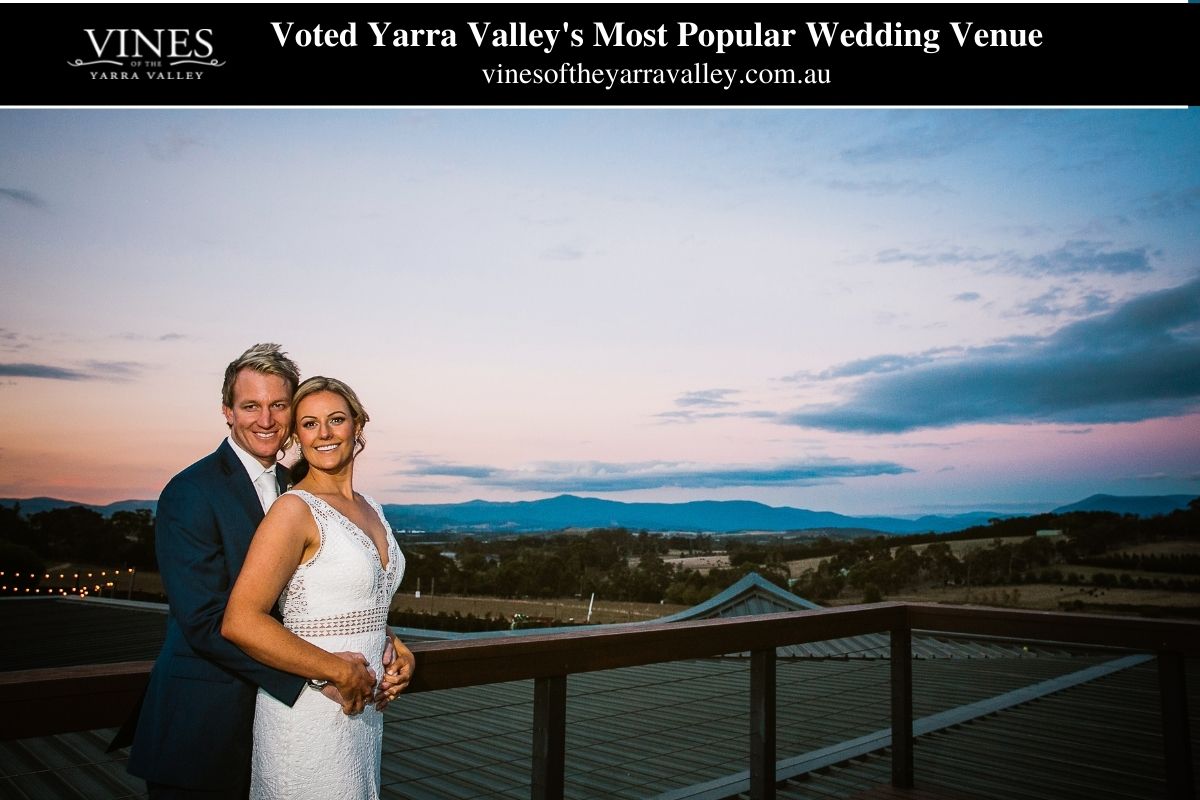
How many hours do I need when hiring a wedding DJ?
This is a common enquiry for us. Ultimately, it will depend on whether you need the DJ only for the reception or for the ceremony and reception as well. The average length of a reception is five hours, while some hosts limit it to four to cut expenditures. Including a ceremony often adds an extra hour to the reception, bringing the total time to 6 hours. However, we have seen ceremonies and receptions last only 5 hours to save money.
For a typical reception, the DJ provides the following services…
- Background music during cocktail hours
- Introductions
- Greeting line acoustic music (if any)
- Offers a microphone for a benediction (if any)
- Dismisses diners to the buffet or, if seated, to their tables.
- Dinnertime ambience
- Photographic Representation (if you have one)
- Toasts
- Slicing a Cake
- Bride/Groom first dance
- Dance with Dad and the Little Girl
- To dance with one's mother or one's son
- Guests during the wedding break into dance (if any)
- For almost 30 minutes, all attendees can dance freely.
- Salsa Dancing With Money (if needed)
- Celebration of Dance (if wanted)
- Tossing the Bouquet/Garter
- It's a Garter Belt Around Backwards! (if requested)
- All of us should engage in more dancing.
- The Ending Waltz
- Send-Off (if you have one)
Check out our post on How do I find a good wedding DJ?
If you include the ceremony, then this is what's typical of the DJ:
- Melodic introduction There are 30 minutes left till the ceremony begins, and guests are still arriving and taking their seats.
- Wedding party processional music
- Wedding processional music
- A piece of music to play during the middle of a unity sand ceremony or other similar event
- After the newlyweds have been formally introduced to family and friends, the wedding party will all walk out to the recessional.
You can see that there are many factors to think about. The entire musical portion of a wedding ceremony, from the prelude to the recessional, often lasts little more than an hour. Wedding receptions normally last for five hours, two of which are spent eating and mingling to the tune of background music.
In order to gauge the crowd's reaction to specific great songs from his collection, a competent wedding DJ should have a liking for all types of music. A DJ's job requires him to read the crowd and determine which songs will get the party started.
Depending on who you hire as your wedding DJ, your reception might go from a few visitors bopping along to a high-energy flow of floor-filling songs that people will be talking about for years. You should start looking for wedding DJs as early as possible because the best ones are sometimes booked a year or more in advance. Spend some time and talk to a few different DJs for a solid comparison.
Frequently Asked Questions About Weddings
The Actual DJing At Your Wedding. This is all the "work" you've hired me for since you booked me. Obviously the amount of time for DJing will be dependent on how much coverage you've paid for. The normal, optimal length for a wedding reception is 4 hours (this includes the dinner portion).
Typically for a reception, it's about 5 hours, but some will only do 4 hours to shave costs. If adding a ceremony then an average amount of time is 6 hours for both your ceremony and reception however we also have seen 5 hours for both to help shave costs.
Unless your guests are the dancing type, there's nothing wrong with that. You'll just need to remember that you'll need to stop the playlist to switch the thecfirst dance, bouquet toss song, etc. If you do not have an on-site/day-of wedding coordinator, get a DJ.
The average cost of a wedding DJ is around $1,200, but this doesn't reflect the wide range of prices you're likely to see while planning your event. In reality, you'll see DJ companies charging anywhere from $600 up to $3,500.
Most guests will arrive 20 to 30 minutes before the ceremony starts, but the wait will seem a lot longer if they have to wait around in silence. Book your ceremony musician to start no later than 20 minutes before you begin.

